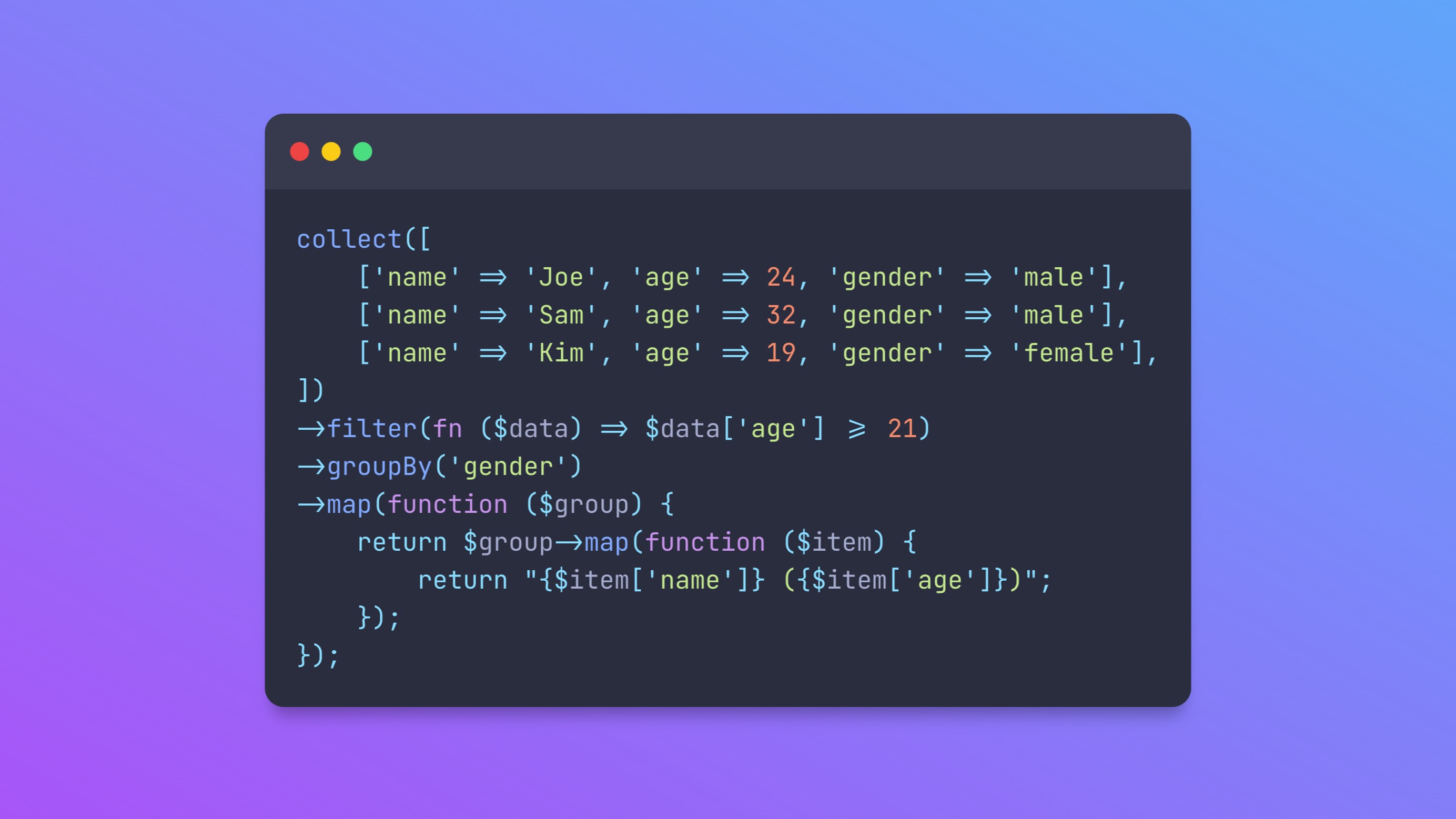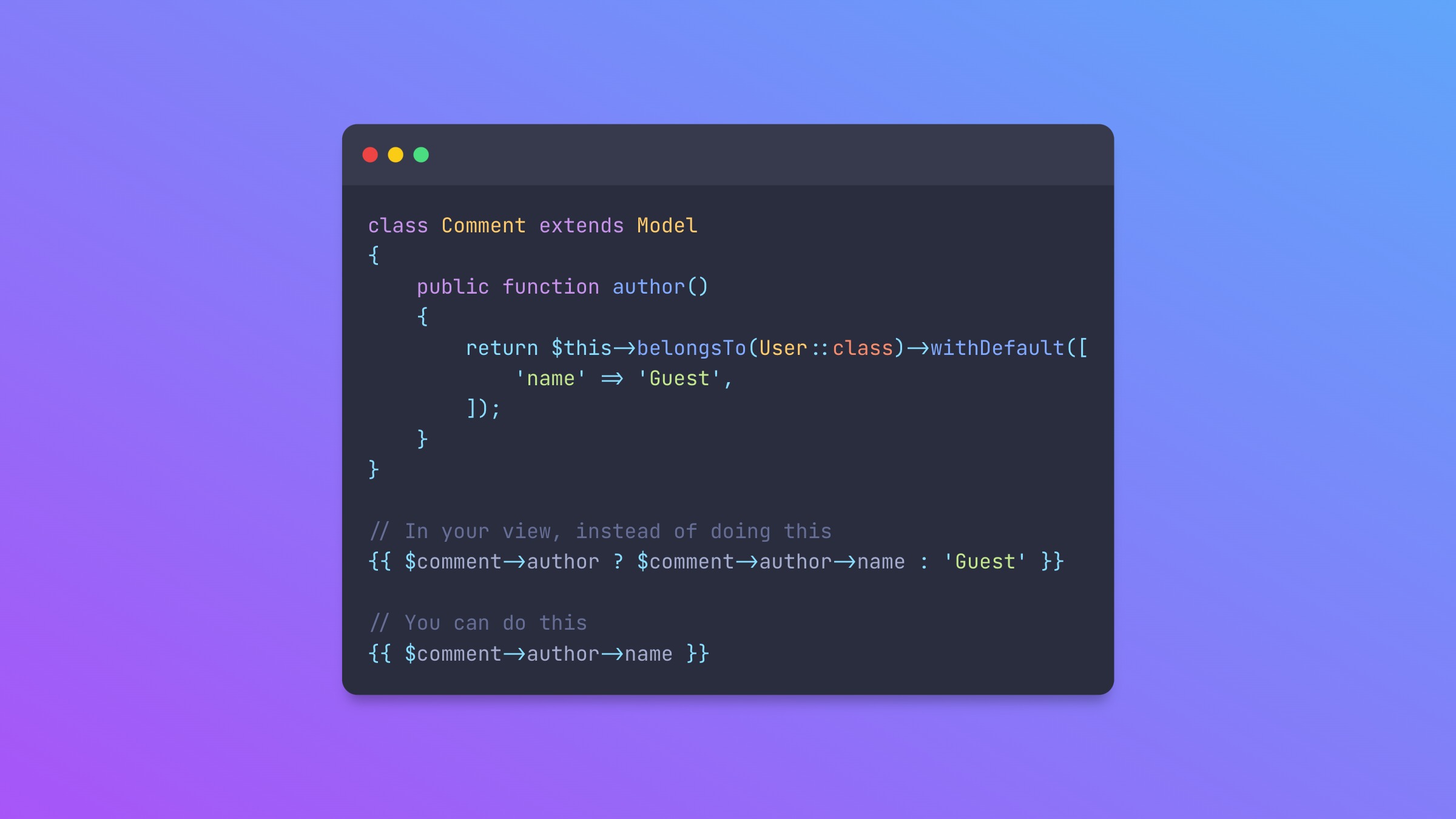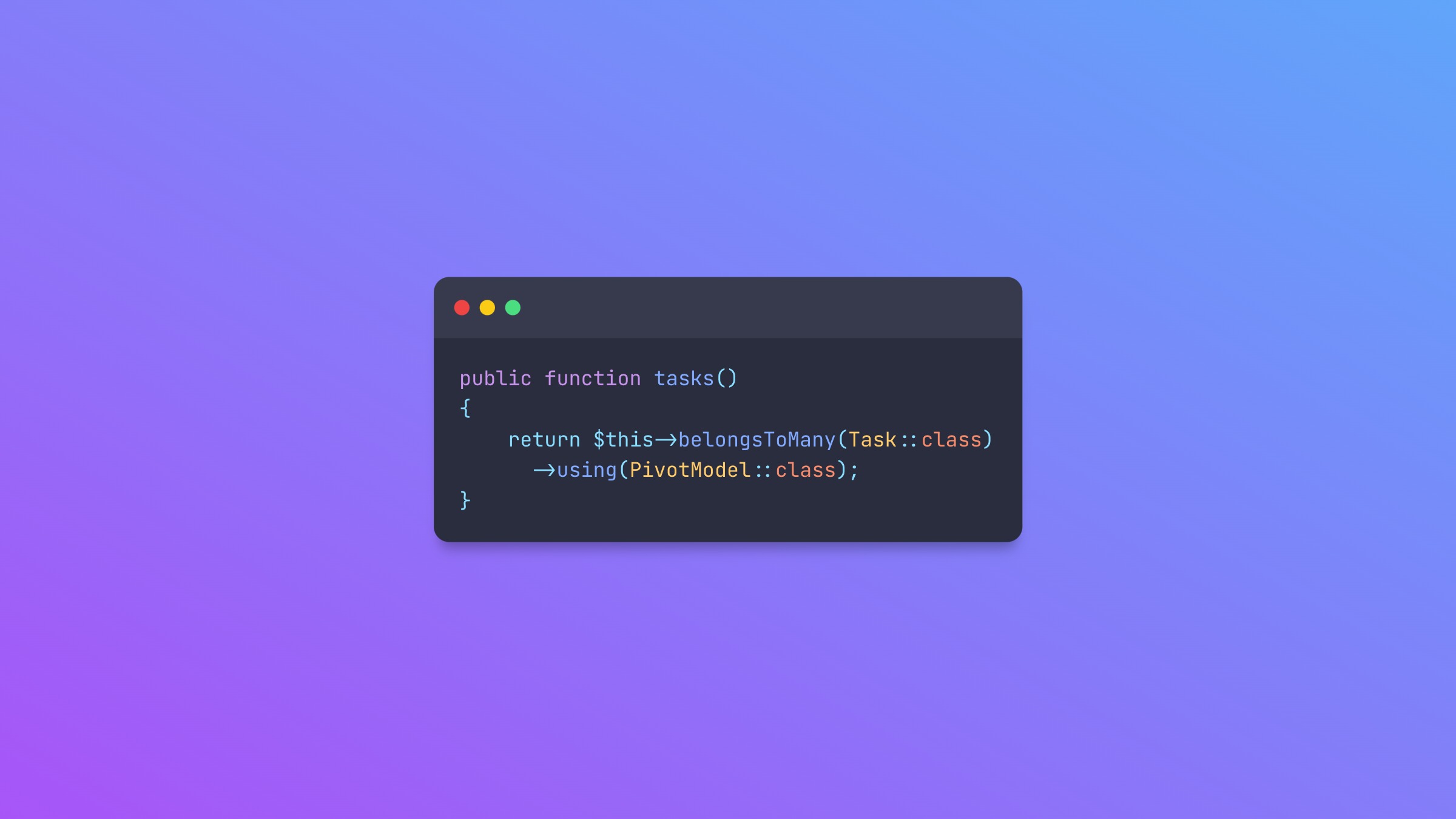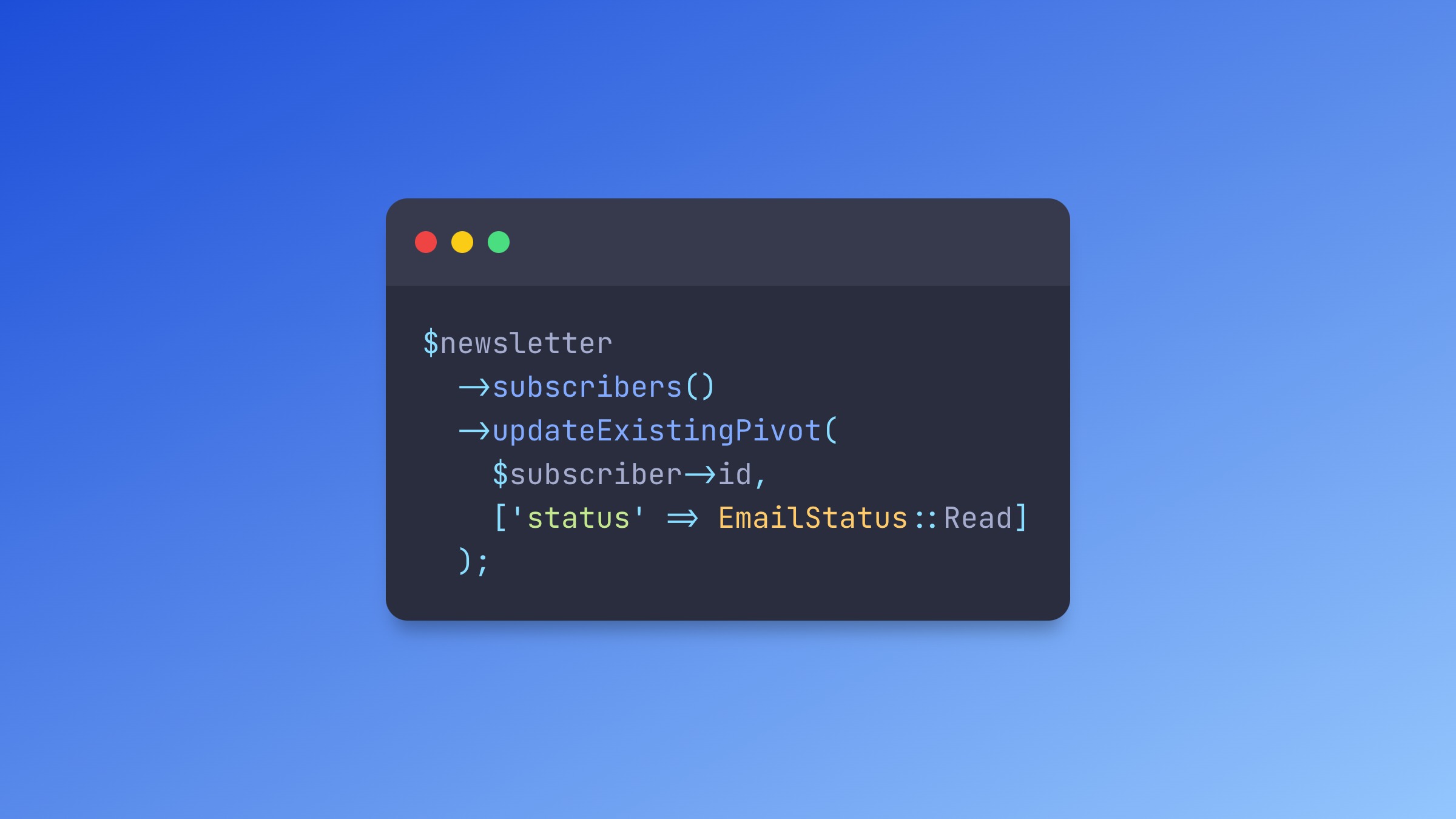PHP in_array Function: How to Avoid Errors Caused by Loose Type Checking
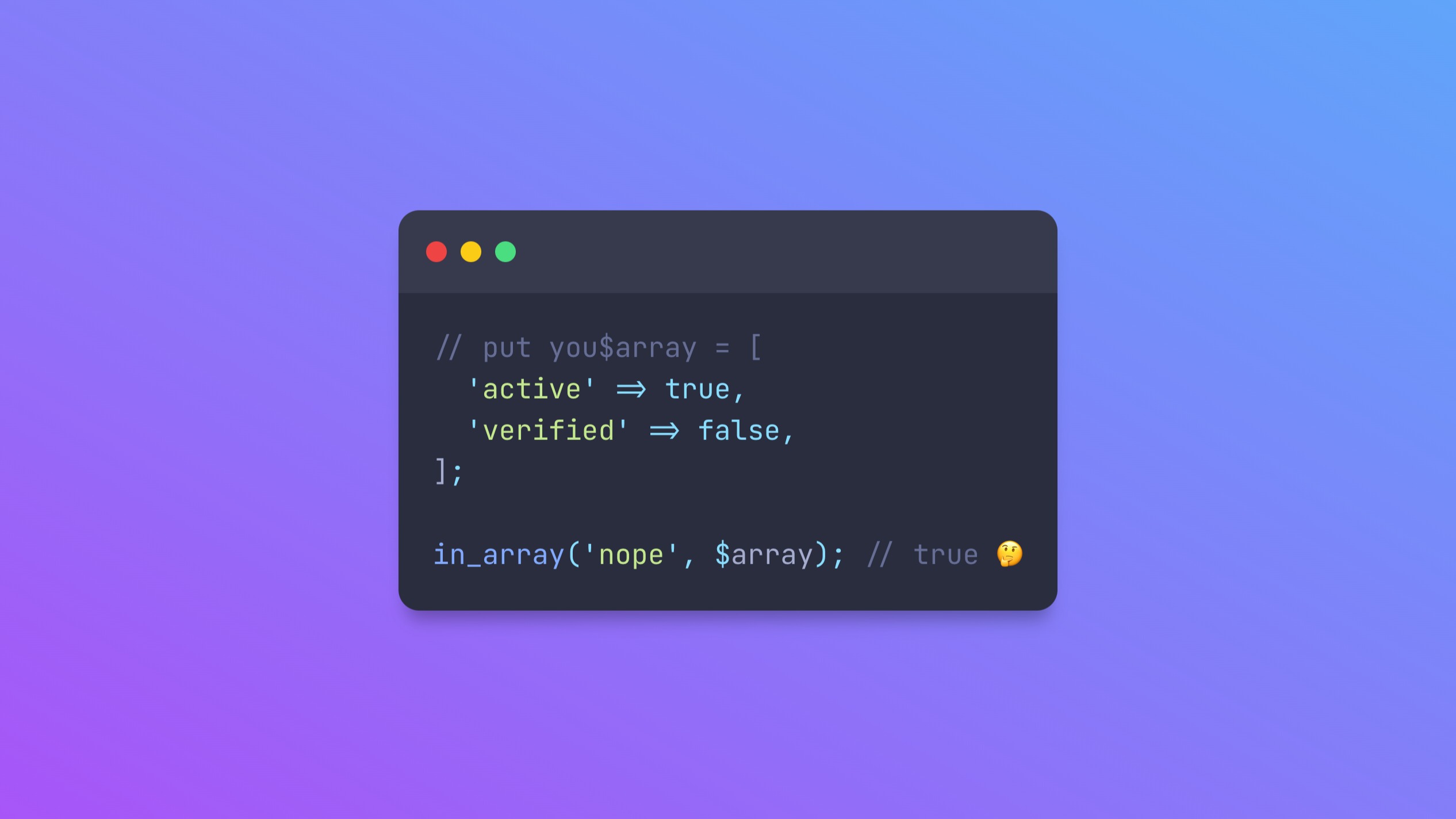
Have you ever encountered a situation where the in_array function in PHP returns unexpected results? For instance, even though you have an array of boolean values and you're searching for the string 'nope', the in_array function says it's present in the array. How come?
Well, it turns out that PHP's in_array function performs loose type checking by default. This means that when searching for a value, it compares the types of the values loosely and if it finds a match, it returns true. In the case of our example, the string 'nope' is compared loosely to the boolean values in the array, and since 'nope' is considered "truthy" in PHP, the function returns true.
To avoid unexpected results like this, it's recommended to set the strict parameter of in_array to true, which performs a strict comparison and checks the type of the value as well. By doing so, you can ensure that the in_array function returns the expected results.
This loose checking is exactly what's happening behind the scenes with in_array.

If needed, we can protect against this by using the third parameter of in_array to check for types.
This allows us to get the expected result.

As developers, we all know that even the rarest of bugs can cause havoc. It's always a good idea to consider strict type checking in PHP to prevent unexpected issues and ensure the stability and reliability of our code. Don't let the little gremlins catch you off guard - stay vigilant with your typing! 🧐

I'm a full-stack web developer working with the TALL stack.



